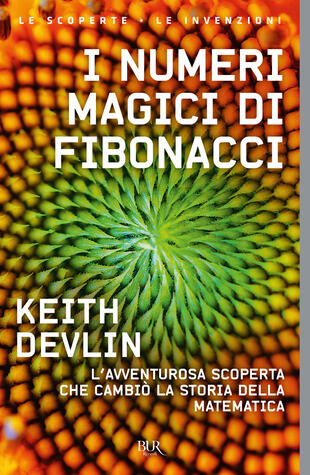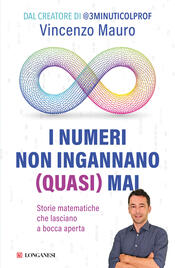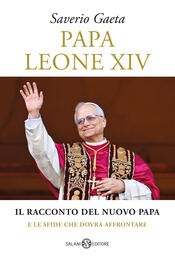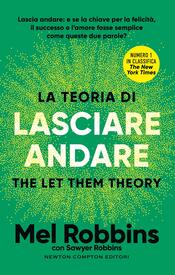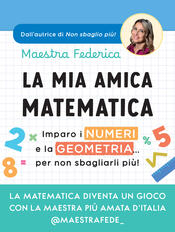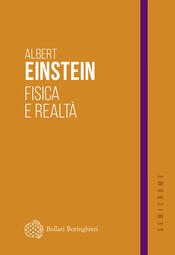I numeri magici di Fibonacci. L'avventurosa scoperta che cambiò la storia della matematica
Acquistalo
Sinossi
Tutti conoscono la "successione di Fibonacci": una sequenza di cifre nascosta in molti fenomeni naturali che da oltre ottocento anni affascina i matematici, e che si dice possa predire l'andamento dei mercati finanziari. Ma chi fu in realtà Fibonacci, considerato il maggiore matematico del Medioevo, che comprese per primo che le "nove figure indiane" e soprattutto zephirum, lo zero, avrebbero cambiato il mondo in cui viveva? In un affascinante viaggio che ripercorre la vita di questo genio intraprendente, Keith Devlin permette al lettore di riscoprire una figura cruciale e misteriosa del nostro passato, che con le sue ricerche e il suo "Liber abbaci" - il più importante testo di algebra del tempo che spiegava come adottare il sistema numerico indo-arabico - mostrò all'Europa i risvolti pratici e commerciali della matematica, e aprì così la strada all'ascesa del Vecchio continente verso il dominio scientifico ed economico mondiale.
- ISBN:
- Casa Editrice:
- Pagine: 218
- Data di uscita: 17-04-2013
Recensioni
I had wanted to write this book. It needed to be written, because the Man of Numbers, Leonardo of Pisa - better known as Fibonacci - was one of the greatest mathematicians of the Middle Ages. We all use the Hindu-Arabic numeral system which he introduced and popularized c. 1200. Fibonacci is most fa Leggi tutto
Often the person who has the greatest impact on society is not the person who invents or discovers a great idea, but the one who is able to explain it to a broad audience. This is the case with Leonardo Pisano. He didn't invent anything because you don't invent in mathematics, and he didn't discover Leggi tutto
This biography, kind of, is like the one I recently read of Eratosthenes. In both cases it seems to me that the authors did boatloads of research, came up nearly empty-handed, but had to produce something to justify the work they had done. So there are a bunch of interesting facts about Pisa, about
All computer science students know Fibonacci numbers: F(1) = F(2) = 1, n > 2: F(n) = F(n-1) + F(n-2). Remembering Fibonacci for this series is much like people in 2816 calling the hypertext abstraction Job text. That's not exactly right - the people in 2816 would also have to think that Steve Job's
I will have to admit, this is not what I expected. Kevin Devlin has gained popularity as a proselytizer of mathematics, and this book on Fibonacci seems to be the perfect vehicle for someone as erudite and learned in the mathematical arts as Devlin. But this book was a disappointment. I do not attrib Leggi tutto
This was a really interesting book, which cleared up a lot of misconceptions I had about Fibonacci. I had thought his main contribution to math was his series (1, 1, 2, 3, 5, 8, ...), where each new element is the sum of the previous two, and which is found in many places in nature. I had thought he Leggi tutto
Citazioni
Al momento non ci sono citazioni, inserisci tu la prima!
